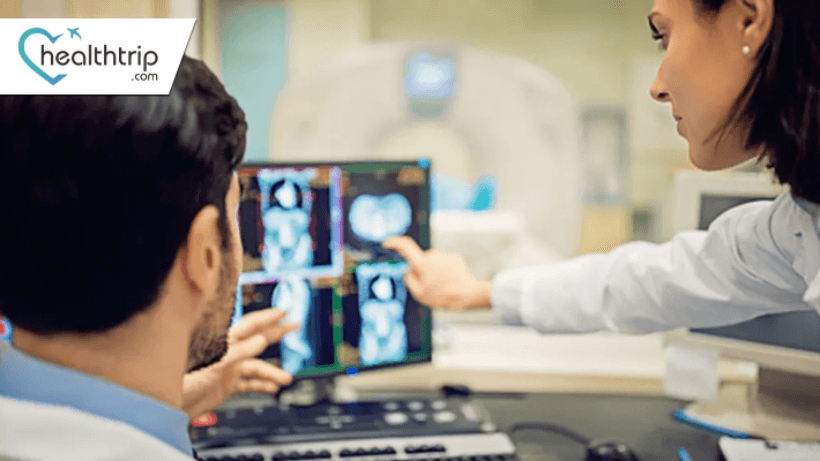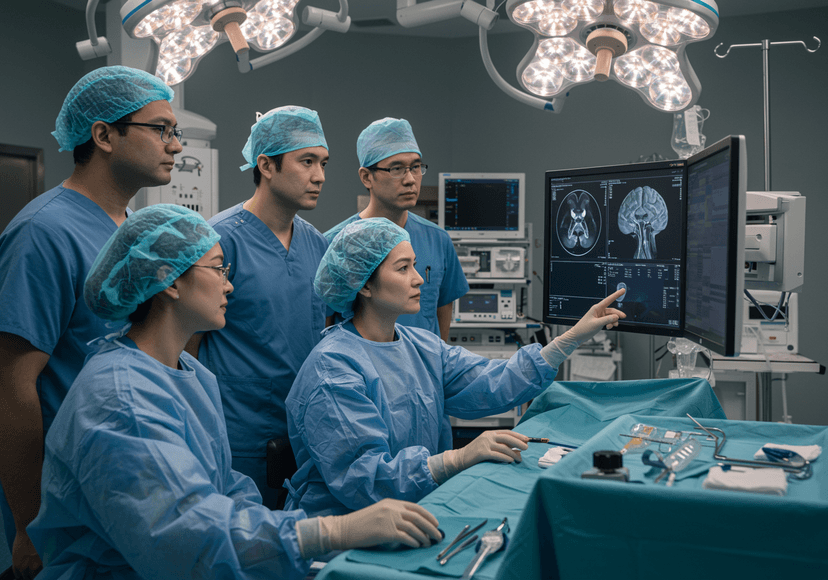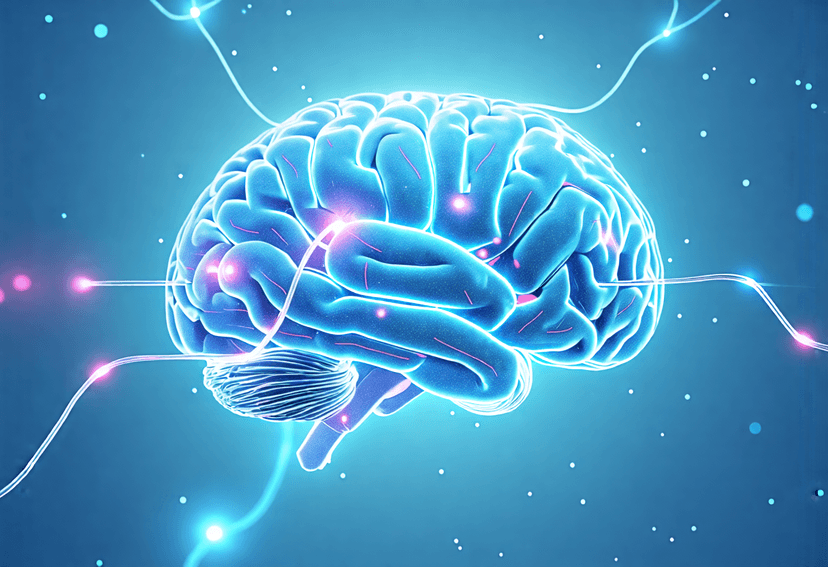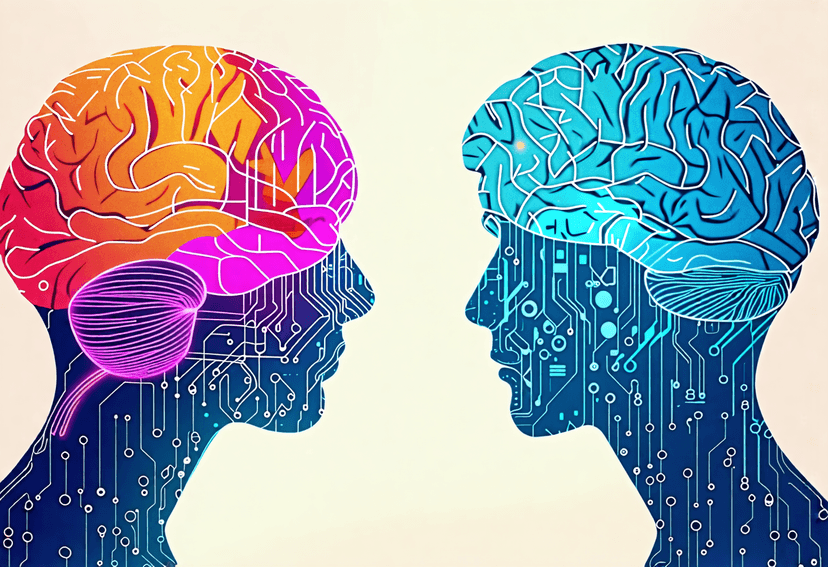
Epilepsy and Memory: Neurosurgical Impact Unveiled
14 Oct, 2023
 Healthtrip Team
Healthtrip TeamEpilepsy, a neurological disorder characterized by recurrent seizures, poses complex challenges for individuals affected. Beyond the immediate impact of seizures, a growing body of research delves into the intricate relationship between epilepsy and memory. This exploration gains further significance when considering neurosurgical interventions, which aim to mitigate the effects of epilepsy but may also influence memory function. In this blog, we unravel the nexus between epilepsy and memory, shedding light on neurosurgical interventions and their potential impact.
Most popular procedures in India
The Basics of Epilepsy
Understanding epilepsy is pivotal for grasping its multifaceted effects on memory. Epilepsy, at its core, involves abnormal electrical activity in the brain leading to seizures. These seizures can manifest in various forms, ranging from subtle moments of altered consciousness to convulsive episodes. Common causes include genetic factors, brain injuries, infections, and tumors. Triggers may involve stress, lack of sleep, or specific stimuli.
Wellness Treatments
Give yourself the time to relax
Lowest Prices Guaranteed!

Lowest Prices Guaranteed!
Memory and the Brain
A. Memory Processes:
Memory, a dynamic cognitive process, involves the intricate interplay of encoding, storage, and retrieval of information. Divided into short-term and long-term memory, this fundamental function is governed by a complex network of neural circuits and structures within the brain.
B. Hippocampus and its Role in Memory Formation:
The hippocampus, nestled within the medial temporal lobe, emerges as a critical player in memory formation. This seahorse-shaped structure facilitates the consolidation of declarative memories, playing a central role in the transformation of experiences into lasting impressions. Its interactions with other brain regions, like the amygdala and neocortex, contribute to the multifaceted nature of memory.
C. Impact of Epilepsy on Memory Function:
The presence of epilepsy introduces a disruptive element into the delicate balance of memory processes. Seizures, particularly those affecting the temporal lobe, can impede the normal functioning of the hippocampus. Consequently, individuals with epilepsy often grapple with memory impairments, both in short-term recall and the ability to form enduring memories. Understanding these intricate connections is paramount in comprehending the broader impact of epilepsy on cognitive function.
Neurosurgical Interventions for Epilepsy
A. Neurosurgical Procedures:
- Temporal Lobectomy: Temporal lobectomy involves the surgical removal of a portion of the temporal lobe, often the focal point of seizures. This procedure aims to disrupt abnormal electrical activity while minimizing impact on other brain functions.
- Hemispherectomy: Hemispherectomy is a more radical approach, entailing the removal or disconnection of an entire cerebral hemisphere. This drastic measure is reserved for cases where seizures originate predominantly in one hemisphere, with the aim of preventing their spread.
- Corpus Callosotomy: Corpus callosotomy involves the severing of the corpus callosum, the bundle of nerves connecting the brain's hemispheres. This procedure is targeted at preventing the spread of seizures between the hemispheres, typically in cases of severe generalized seizures.
B. Rationale for Neurosurgical Interventions in Epilepsy Cases:
Neurosurgical interventions become a consideration when epilepsy remains resistant to conventional medical treatments. The primary goal is to improve the quality of life for individuals by reducing the frequency and severity of seizures. Surgical interventions, such as temporal lobectomy, aim to target and remove the source of abnormal electrical activity, thus addressing the root cause of seizures.
Benefits:
- Substantial reduction in seizure frequency and severity.
- Improved quality of life, including enhanced social and occupational functioning.
- Potential for decreased reliance on antiepileptic medications.
- Prevention of cognitive decline associated with uncontrolled seizures.
Risks:
- Surgical complications, including infection and hemorrhage.
- Potential for cognitive side effects, such as memory impairment.
- Individual variability in treatment outcomes.
- Emotional and psychological adjustments post-surgery.
Research Findings on Epilepsy and Memory
A. Studies Exploring the Relationship:
Numerous studies delve into the intricate relationship between epilepsy and memory. These investigations aim to discern the prevalence and nature of memory impairment in individuals with epilepsy, considering variables such as seizure frequency, duration, and the type of epilepsy. Longitudinal studies track changes over time, providing insights into the dynamic nature of this connection.
B. Identifying Brain Regions Affected:
Research has pinpointed specific brain regions susceptible to the impact of seizures. The hippocampus, integral to memory processes, often bears the brunt of temporal lobe seizures. Additionally, studies use advanced neuroimaging techniques to map out the broader network of brain regions affected during seizures, contributing to a nuanced understanding of the spatial dynamics.
C. Neurological Mechanisms Underlying Impairment:
Investigations into the neurological mechanisms shed light on how epilepsy impairs memory. Synaptic plasticity alterations, neurotransmitter imbalances, and structural changes in memory-related areas, such as the hippocampus, are key focal points. Furthermore, the exploration extends to the interictal period, unraveling how persistent dysfunctions contribute to overall memory deficits in the presence of epilepsy.
Future Directions and Research Implications
A. Ongoing Research on Epilepsy and Memory
- Advanced Imaging Techniques:
- Utilizing cutting-edge imaging modalities (e.g., functional MRI, diffusion tensor imaging) to enhance the precision of mapping brain structures involved in memory and their alterations in epilepsy.
- Genetic and Epigenetic Investigations:
- Exploring the genetic factors contributing to both epilepsy and memory deficits.
- Investigating epigenetic modifications as potential mediators of memory impairment in epilepsy.
- Neuroinflammation and Immune System Involvement:
- Expanding research on the role of neuroinflammation and immune system dysregulation in epilepsy-associated memory dysfunction.
- Identifying potential immunomodulatory interventions to preserve memory function.
- Patient-Reported Outcomes:
- Incorporating patient-reported outcomes and qualitative research to capture the subjective experience of memory changes in individuals with epilepsy.
- Enhancing the understanding of the psychosocial impact of memory impairment.
B. Emerging Neurosurgical Techniques and Their Potential Impact
- Neuromodulation Approaches:
- Investigating the potential of neuromodulation techniques, such as responsive neurostimulation, in preserving memory while controlling seizures.
- Balancing seizure control with minimizing cognitive side effects through precise stimulation.
- Closed-Loop Systems:
- Exploring closed-loop systems that dynamically adjust neurostimulation parameters based on real-time monitoring of brain activity.
- Maximizing efficacy while minimizing unnecessary cognitive impact.
- Optogenetics and Precision Surgery:
- Evaluating the feasibility of optogenetic approaches for precision control of neural circuits.
- Implementing advanced neuroimaging for more precise pre-surgical planning.
- Integration of Artificial Intelligence:
- Leveraging artificial intelligence for personalized prediction models.
- Tailoring surgical interventions based on a comprehensive understanding of individualized risk factors for cognitive outcomes.
In summary, our exploration of the complex nexus between epilepsy and memory underscores the pivotal role of the hippocampus, the disruptive impact of seizures, and the potential consequences of neurosurgical interventions. Emphasizing the need for a personalized approach to epilepsy management, balancing seizure control and cognitive outcomes, we recognize the dynamic nature of this relationship, necessitating ongoing monitoring for optimal patient care.
Acknowledging current knowledge gaps, we advocate for collaborative efforts among researchers, clinicians, and patients to drive transformative discoveries. This synthesis envisions a future where scientific inquiry, technological advancements, and ethical considerations converge to significantly improve the lives of individuals affected by epilepsy.
Most popular wellness packages
Related Blogs

Healthtrip: Advanced Brain Treatment Options with Expert Surgeons
Healthtrip

Deep Brain Stimulation: A Beacon of Hope for Epilepsy Patients
Discover how Deep Brain Stimulation is transforming the lives of

Epilepsy and Travel: What You Need to Know
Tips and precautions for traveling with epilepsy, and how to

The Impact of Epilepsy on Relationships
How epilepsy affects relationships, and tips for maintaining strong bonds.

Epilepsy and Pregnancy: What to Expect
Managing epilepsy during pregnancy, and what to expect for mother

Epilepsy 101: A Beginner's Guide
Learn the basics of epilepsy, its causes, symptoms, and treatment










